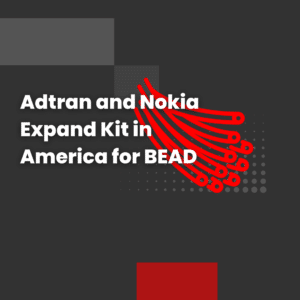The tool is engineered to generate insights pertaining to the operator’s 4G and 5G subscriber base, employing ‘smart data collection with embedded intelligence’ to preempt and address real-time performance challenges.
The underlying concept is that TPG can swiftly respond to network concerns and diminish the necessity for ‘infrastructure-based diagnoses.’ This capability is facilitated by Ericsson Expert Analytics, EXFO’s adaptive service assurance, and ‘software probes’ integrated within Ericsson’s dual-mode 5G Core.
According to reports, the operator marks its position as the initial one in Australia and as ‘one of the first’ globally to integrate Ericsson Expert Analytics into a commercial network via cloud-native technologies. This approach is touted for its intrinsic attributes of ’embedded scalability, agility, and resilience,’ thereby offering adaptability as network dynamics and use-cases evolve over time.
At present, this empowers TPG to trace and monitor around 5 million subscribers and autonomously identify issues while leveraging AI-backed recommendations for corrections. The comprehensive solution is slated for subsequent deployment.
Emilio Romeo, Head of Ericsson Australia and New Zealand, remarked, “The multi-year implementation of advanced analytics and troubleshooting capabilities with TPG Telecom further underscores our commitment to enhancing the mobile telecommunications experience for all Australians. This continues our longstanding partnership with TPG Telecom in introducing pioneering technology to Australia and elevating service quality for the Australian populace. The incorporation of the Ericsson Expert Analytics solution, combined with real-time data accessibility from the dual-mode 5G Core via its intrinsic software probes, enables TPG Telecom to achieve heightened network visibility at reduced costs, ultimately passing on these advantages to its customers as they enjoy seamless services across the nation.”
In a separate initiative, Ericsson is collaboratively piloting a novel endeavor alongside Deutsche Telekom and Swisscom. This venture entails the adoption of wood-based packaging for its radio equipment as a replacement for plastics. This shift purportedly reduces total plastic content from 20% to under 1%.
Through collaborations with Nefab and DS Smith, the company has designed two packaging solutions that retain structural robustness to safeguard radio equipment during transit. Such practical endeavors to minimize plastic waste are indeed commendable in the global pursuit of environmental sustainability.




